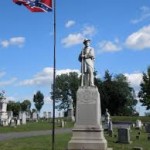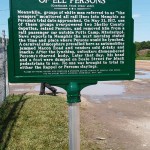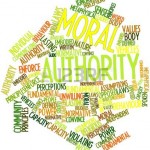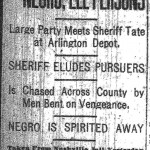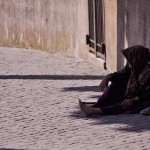Race, Religion, and Black Lives Matter: Essays on a Moment and a Movement Edited by Christopher Cameron and Phillip Luke Sinitiere The Black Lives Matter (BLM) movement began in 2013 the moment a Florida jury acquitted George Zimmerman of Trayvon Martin’s murder. Yet, the movement symbolizes far more than the moment of Martin’s death. It inaugurated a new moment of opposition and insurgency against white supremacy’s expansive obscenities, most notably against the backdrop of the Obama era, the tenure... Read more


